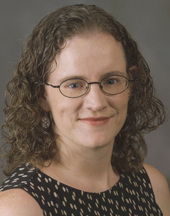For those of you who don’t follow +Mach 30, the Board of Directors and volunteer leaders gather each month for an On Air Hangout to present status updates on our various projects. These Reports Hangouts are very business focused which can make them “a little dry.” We are actively discussing how we can address the business need for status updates and reach out to fans (existing and new) to share with them all the great things Mach 30 is doing. As an experiment in the outreach side of this equation we did something different for the December Reports Hangout. Instead of going through the list of active projects by “bus”, board members took turns sharing their favorite moments and accomplishments from 2014. Highlights included hosting Apogee I at Club Cyberia (and how well our new planning rhythm worked: strategic planning in person at Apogee and annual planning online at Perigee), completing the first version of Ground Sphere, and Jeremy’s very awesome contributions to CadQuery (starting us down the path toward a rich and open CAD modeling package).
Thank you again to all of our volunteers and donors, we couldn’t do this without you.
Don’t forget to join in on the conversation. Post your favorite Mach 30 moment in the comments below.
ad astra per civitatem – to the starts through community













